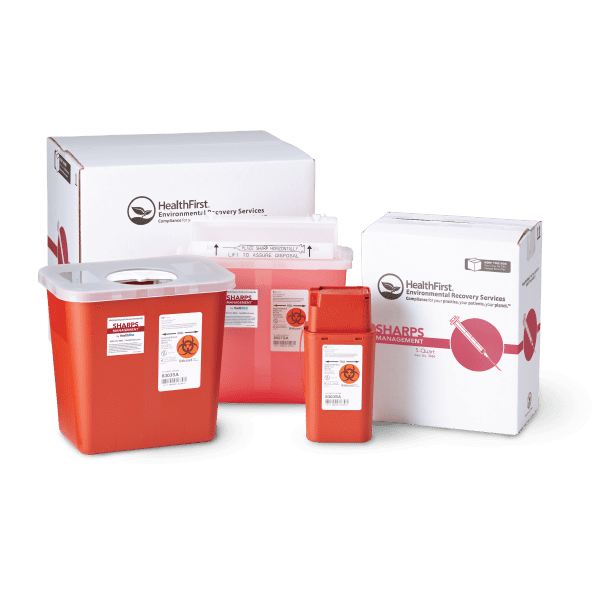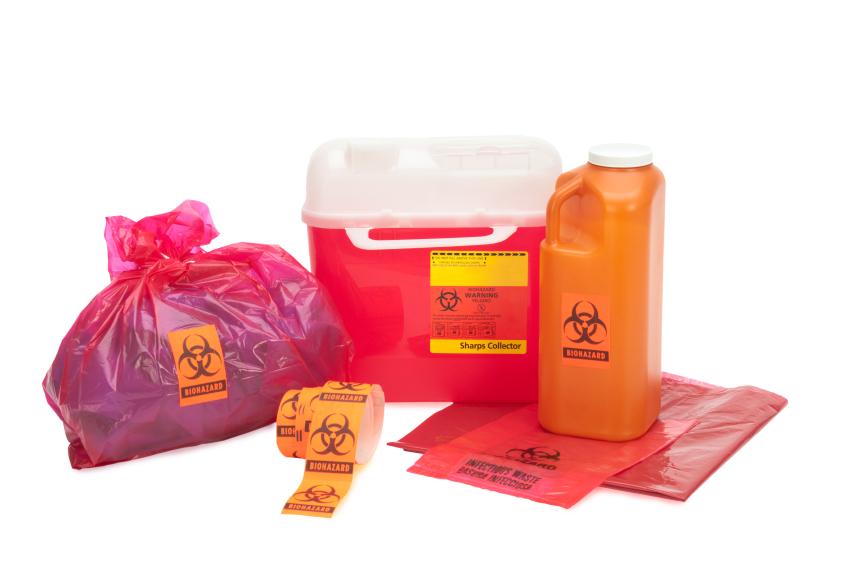The Value of Proper Garbage Disposal Practices
The management of waste is an important facet of environmental stewardship that frequently goes unnoticed in our lives. Correct garbage disposal techniques are not just a matter of comfort yet are important for protecting our communities and public health. From the repercussions of improper waste disposal on our atmosphere to the lasting implications for future generations, the significance of embracing lasting waste management methods can not be overemphasized. By checking out the ecological effect of irresponsible garbage disposal, the benefits of recycling initiatives, and the relevance of area involvement in waste decrease efforts, a deeper understanding of why correct waste disposal practices are important arises.
Environmental Impact of Improper Disposal
Inappropriate disposal of waste positions a considerable risk to the atmosphere because of its harmful impacts on environments and human health. When waste is not appropriately taken care of, it can result in pollution of the dirt, water, and air, triggering damage to numerous plant and animal species. click here. Chemicals and contaminants from poorly disposed waste can permeate into the ground, contaminating groundwater resources and influencing the health of both wild animals and people
Moreover, the accumulation of waste in landfills creates greenhouse gases like methane, adding to climate change and international warming. Incorrect disposal methods likewise result in littering, which not just breaks down the visual worth of the environment yet can also hurt wildlife via consumption or complexity.
To mitigate these environmental effects, it is vital for neighborhoods and people to adopt appropriate garbage disposal techniques such as recycling, composting, and accountable hazardous waste disposal. By taking these actions, we can assist protect ecosystems, preserve natural sources, and protect human wellness for existing and future generations.
Advantages of Recycling Programs
Regularly participating in recycling programs provides countless advantages for both the setting and culture as a whole. This conservation of resources not just aids in preserving ecological balance but also adds to sustainable growth.
Moreover, reusing plays a critical function in reducing power intake and greenhouse gas emissions. The manufacturing of items from recycled materials generally calls for much less power compared to producing from virgin resources - medical waste removal near me. Because of this, the carbon impact connected with the manufacturing procedure is significantly lowered, aiding in the fight versus climate change
Furthermore, reusing programs produce task opportunities in the reusing sector, advertising economic growth and social well-being. By encouraging the recycling and reuse of materials, these programs sustain a round economy that minimizes waste generation and makes the most of source effectiveness, eventually causing a cleaner, greener future for generations ahead.
Hazardous Waste Monitoring Guidelines
Implementing efficient contaminated materials administration guidelines is important for decreasing ecological and health and wellness threats connected with the inappropriate disposal of hazardous materials - click here. Proper handling, treatment, and disposal of contaminated materials are necessary to stop contamination of soil, water sources, and air
One secret guideline is proper labeling of unsafe waste containers to make certain secure handling and transport. In addition, centers should stick to rigorous storage requirements to avoid leaks, spills, or accidents that can jeopardize human wellness and the atmosphere. Routine training programs for employees on dangerous waste management methods are additionally crucial to make sure conformity with policies and promote a culture of security.
Additionally, contaminated materials needs to be segregated based upon its residential or commercial properties to stop chain reactions that could cause unsafe scenarios. Applying a comprehensive waste radar can assist check the movement of hazardous materials from generation to disposal, guaranteeing transparency and accountability. By adhering to these guidelines faithfully, sectors and Continue businesses can add to a more secure and cleaner environment for future and present generations.
Area Participation in Waste Decrease
To efficiently attend to the environmental and wellness threats related to contaminated materials management, involving the neighborhood in waste decrease campaigns is paramount. Community participation plays a vital duty in advertising sustainable waste monitoring methods and promoting a culture of environmental responsibility. By educating residents about appropriate waste segregation, recycling, and composting strategies, areas can significantly minimize the amount of waste sent out to landfills, thereby decreasing environmental pollution and saving natural deposits.
Neighborhood involvement in waste decrease programs also aids in raising understanding regarding the significance of waste reduction and motivates individuals to adopt green behaviors in their day-to-days live - medical waste disposal. Collective efforts in between neighborhood authorities, waste management firms, and neighborhood members can cause the execution of efficient waste decrease approaches customized to the certain demands of each community or community
Furthermore, area engagement cultivates a sense of ownership and accountability amongst citizens, equipping them to take aggressive steps in the direction of reducing waste generation and advertising a cleaner, much healthier setting for future and existing generations. By collaborating towards usual waste reduction goals, neighborhoods can make a considerable effect on mitigating the damaging results of improper garbage disposal practices.

Future of Sustainable Waste Practices
Traditional waste disposal approaches, such as landfilling and incineration, are no longer sustainable in the lengthy term due to their considerable environmental effects. Moving ahead, the future of sustainable waste practices exists in embracing a circular economic situation technique, where resources are reused, recycled, or repurposed to minimize waste generation.
Technological developments play a key role in shaping the future of sustainable waste techniques. Advanced waste sorting and recycling technologies can assist improve the effectiveness of waste management processes, permitting the recuperation of useful sources from waste streams. In addition, the fostering of naturally degradable materials and composting techniques can help in reducing the quantity of organic waste ending up in landfills, therefore alleviating greenhouse gas exhausts.
In addition, advertising customer awareness and education on appropriate waste partition and disposal methods is necessary for driving behavior modification towards sustainability. By fostering a culture of waste decrease, recycling, and reuse, neighborhoods can collectively add to a cleaner and healthier environment for future generations.

Final Thought
To conclude, appropriate waste disposal practices are important for minimizing ecological effect and advertising sustainability. By executing reusing programs, taking care of harmful waste effectively, and motivating area involvement in waste decrease efforts, we can work in the direction of a cleaner and healthier atmosphere. It is important for organizations, people, and federal governments to focus on sustainable waste practices for the future health of our planet.

From the repercussions of incorrect waste disposal on our setting to the long-lasting ramifications for future generations, the relevance of embracing sustainable waste administration techniques can not be overstated. By discovering the environmental impact of careless waste disposal, the advantages of recycling initiatives, and the relevance of community interaction in waste reduction efforts, a deeper understanding of why appropriate waste disposal practices are critical arises.
By informing residents concerning proper waste segregation, recycling, and composting techniques, neighborhoods can significantly reduce the amount of waste sent out to landfills, thus lessening ecological air pollution and preserving natural resources. (click here)
Moving forward, the future of sustainable waste practices exists in welcoming a circular economic situation strategy, where resources are recycled, reused, or repurposed to minimize waste generation.
Advanced waste sorting and reusing technologies can help boost the efficiency of waste management processes, enabling for the recovery of valuable resources from waste streams.